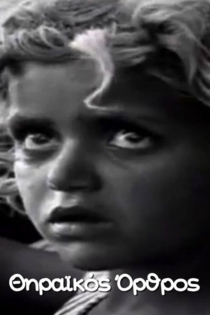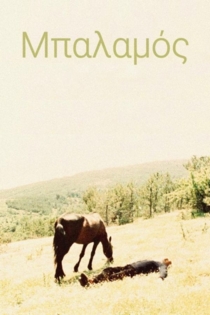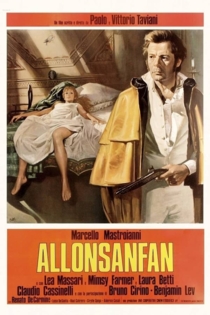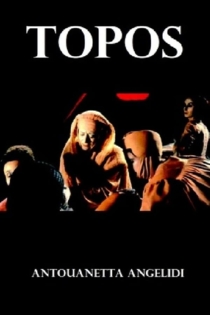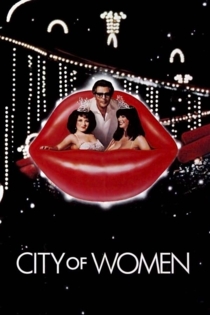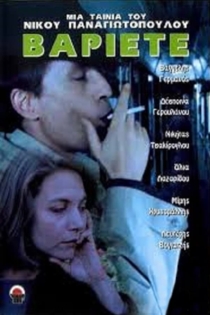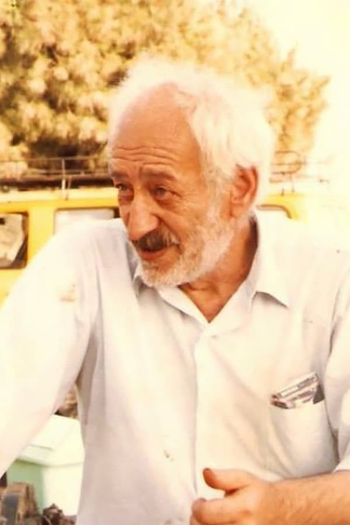
Stavros Tornes
1932 - 1988Ψαράδες και ψαρέματα
Leon Loisios
Stavros Tornes
The film depicts all forms of traditional fishing and the life of fishermen of the Molyvos community on the Greek island of Lesvos, as it transposes us to island life of 1961, through a series of images from another era. Fishermen sail in the open sea on a purse seine.
Fishermen and Fishing
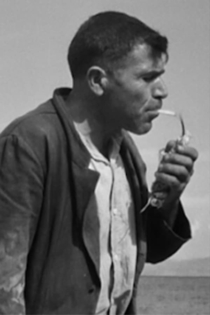
Σταύρος Τορνές: ο φτωχός κυνηγός του νότου
Stavros Kaplanidis
Stelios Anastasiadis, Marios Karamanis
"The Poor Hunter of the South" is the title of the film Stavros Tornes never got to make, rightfully featured alongside his name on this documentary by Stavros Kaplanidis ("Canteen", "Play it Again, Christos"). The film traces his imagery, listens for his whispers and infiltrates the memories of his closest friends, looking for clues in order to piece together the portrait of a filmmaker who made something out of nothing and stayed true to himself and his vision until the very end. Besides Tornes' own films, this documentary includes footage from films where the "poor hunter" appeared as an actor, like "The Secret of the Red Cloak" by Kostas Fotinos, "Kierion" by Dimos Theos and " Allonsanfan" by Paolo and Vittorio Taviani.
Stavros Tornes: The Poor Hunter of the South
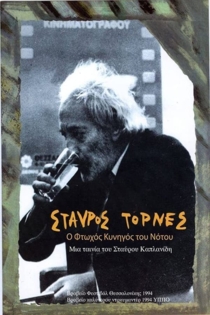
Cristo si è fermato a Eboli
Francesco Rosi
Gian Maria Volonté, Lea Massari
In the fascist Italy of 1935, a painter trained as a doctor is exiled to a remote region near Eboli. Over time, he learns to appreciate the beauty and wisdom of the peasants, and to overcome his isolation.
Christ Stopped at Eboli
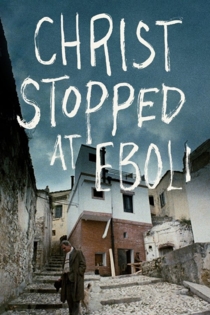
Uomini contro
Francesco Rosi
Mark Frechette, Alain Cuny
Time after time, soldiers of the Italian Army are forced to leave their mountain trenches in attempts to storm an enemy fortress, always with the same disastrous results. As casualties mount, indignation spreads among the rank and file. Disturbed by his superiors' decisions, Lieutenant Sassu is led to question the purpose of war and reconsider where his real duties lie.
Many Wars Ago
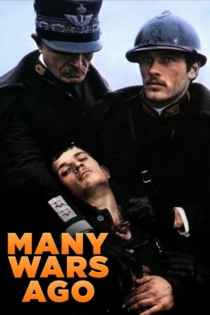
Sky
Takis Kanellopoulos
Aimilia Pitta, Faidon Georgitsis
During the cold spring of 1941, with Greece already under German occupation, a long-suffering squad of war-battered soldiers receives orders from the headquarters in Athens to fall back, leaving behind the Albanian Front. As the men retreat through the snow-covered landscapes of the bomb-scarred Greek countryside, the terrifying certainty that nothing will ever be the same again crushes their weary human souls.
Sky
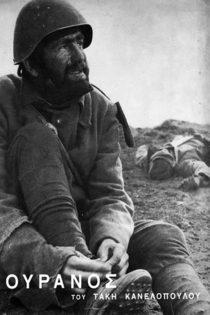
Κιέριον
Dimos Theos
Anestis Vlahos, Kyriakos Katzourakis
In this political drama, a journalist accused as a conspirator in the murder of an American colleague is released for lack of evidence, and then searches for the true culprits. Inspired by the true events of the murder of American journalist George Polk, this film was shot in 1967 and was banned by the coming military dictatorship in Greece. It had only been shown abroad, until it premiered in 1974 after the dictatorship's fall .
Kierion
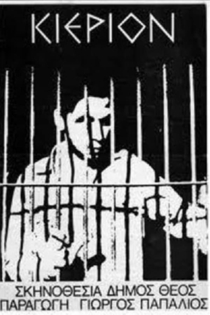
Addio Anatolia
Stavros Tornes
Staros Tornes' first non-fiction short combines a beautifully poetic text with a series of tracking shots in the streets of Rome, set to music by Charlotte Van Gelder. Somewhere between documentary and poetic essay, this film was born out of Tornes' love for Africa and the Orients, his never-ending agony over bloody revolutions and his passionate use of cinema to approach the Other
Addio Anatolia
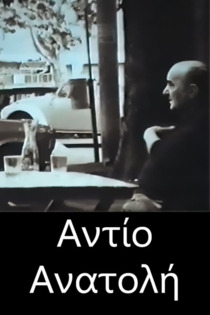
Open Letter
Yiorgos Stamboulopoulos
Nikiforos Naneris, Eleni Theofilou
Thirty-year-old lower middle class Dimitris, faint-hearted and not particularly ambitious, is ready to jump at the opportunity that will get him handsomely provided. He wavers between yesterday, the German occupation nightmare and his love debut with a neighbour and contemporary, fluid reality. He meets Thaleia, a rich woman his age, who frequents the same night club as him, but his daily routine is invariably the same. The closure of the small industry in Drapetsona, where he used to work for the last 8 years, and his relationship with Maria confront him with a different reality. Maria is a progressive, evening school teacher, full of dreams.
Open Letter
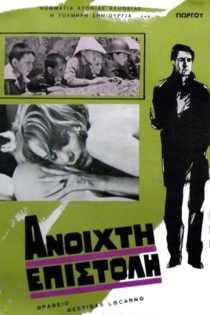
Exopragmatiko
Stavros Tornes
Stavros Tornes' last film in Italy bears a title that fits the director like a glove, especially when it comes to his ability to start out from a non-fiction perspective and descend into full-blown fantasy. A boat going up the river, a fire in the heart of the city and a man wondering around the volcanic slopes of Mount Etna, are some of the elements that comprise "Eksopragmatiko", a mournful movie (according to the director), which requires viewers to keep an open mind and an open heart.
Exopragmatiko

